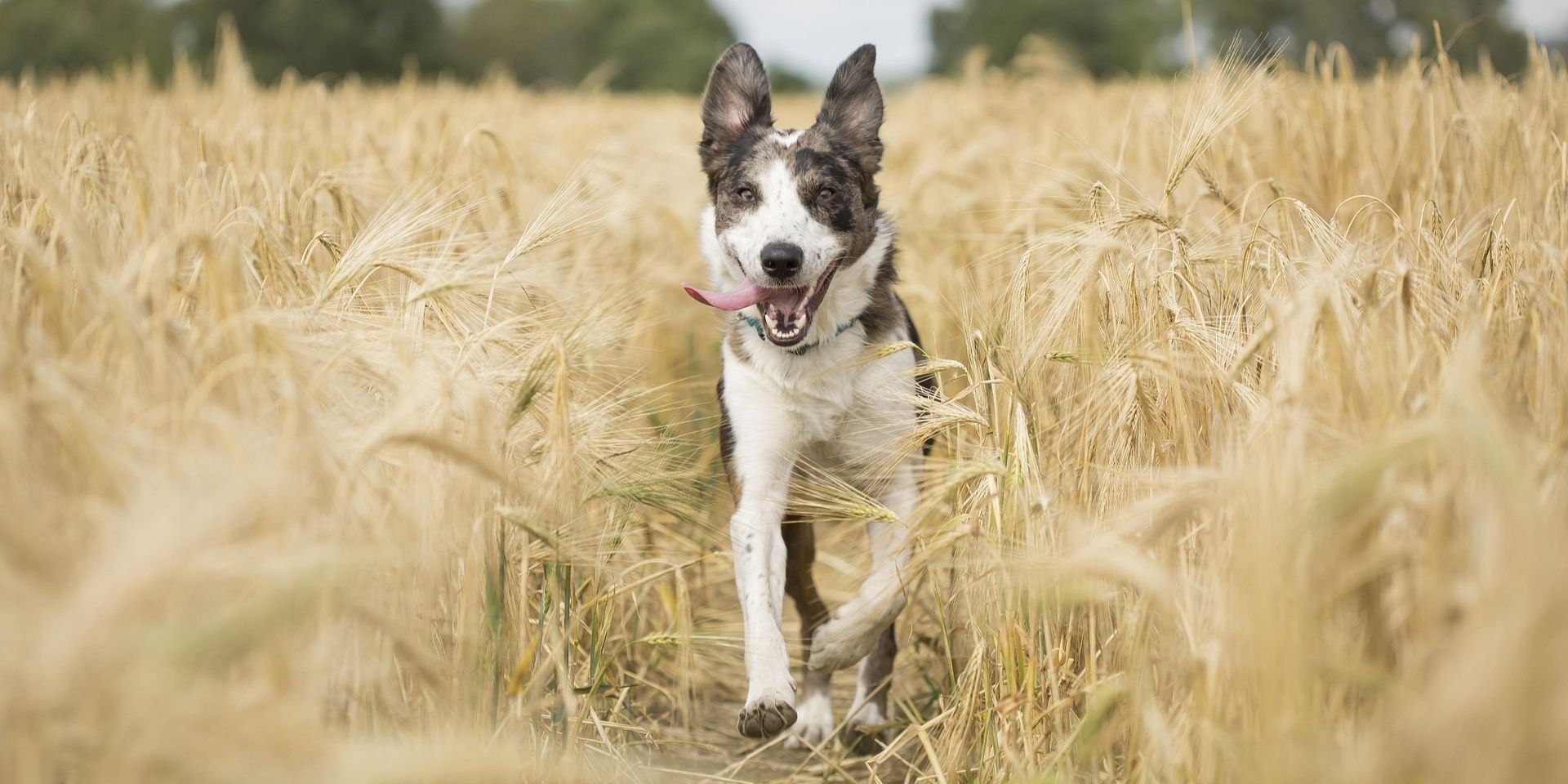
Dog grain allergy is a term that comes up frequently when discussing pet food, sensitivities, and so-called hypoallergenic diets. Grain-free dog foods are more popular than ever, but are grains truly a problem for dogs — or is the fear mostly based on myths? In this article, we separate fact from fiction and explore how common grain allergies in dogs really are, and when (if ever) it makes sense to go grain-free.
Is Dog Grain Allergy Actually Common?
In short: no, it’s not. Despite growing concern among dog owners, true grain allergies in dogs are rare. Most food-related allergies in dogs are caused by animal proteins, such as:
- Beef
- Chicken
- Dairy
- Lamb
- Fish
Grains are far less likely to trigger allergic reactions. In many cases, symptoms that are thought to be caused by grains actually come from other ingredients or even environmental allergens.
Which Grains Can Actually Cause Symptoms?
Most grains, including rice, corn, and barley, are well tolerated by the majority of dogs. The only grain that has been linked to a clinically confirmed sensitivity is wheat, specifically wheat gluten.
Even then, wheat gluten sensitivity is extremely rare and has been documented mainly in specific breeds such as Irish Setters. It’s not a widespread issue, and for most dogs, wheat and other grains pose no problem at all.
Why Is Grain-Free Dog Food So Popular?
Grain-free diets are heavily marketed as being “hypoallergenic” or “gentle on digestion.” However, this marketing can be misleading:
- Grain-free does not mean allergy-free.
- Grains are often replaced with legumes like peas and lentils, which can cause digestive issues or gas in some dogs.
- Grains provide easily digestible energy, fiber, and important nutrients that support a dog’s overall health.
So while grain-free food may be beneficial for dogs with a confirmed grain allergy, it’s not automatically better — and in some cases, it may be less suitable.
When Is Dog Grain Allergy a Real Concern?
If your dog shows symptoms such as itching, skin irritation, or digestive problems, it’s natural to suspect a food allergy. However, determining the true cause requires a proper elimination diet under veterinary guidance.
Only with careful testing can you identify whether a grain — such as wheat gluten — is the actual culprit. In most cases, the allergy is more likely related to a protein source than to grains.
Should You Remove Grains from Your Dog’s Diet “Just in Case”?
No. Eliminating grains without a specific reason can do more harm than good. Unnecessary dietary restrictions may lead to an unbalanced nutritional profile and limit the variety of ingredients your dog can safely eat.
Grains, when well-tolerated, support digestive health, provide fiber, and are a reliable energy source. If your dog has no adverse reaction to grains, there’s no need to avoid them.
Conclusion: The Truth About Dog Grain Allergy
Dog grain allergy is rare, and grains don’t deserve the bad reputation they’ve been given. The only grain with documented sensitivity cases is wheat gluten — and even then, only in a small number of dogs.
If your dog is showing symptoms that might suggest a food allergy, the best course of action is to consult your veterinarian. Don’t make drastic changes based on assumptions or marketing claims. With professional guidance, you can find the right diet that supports your dog’s health — grain-free or not.